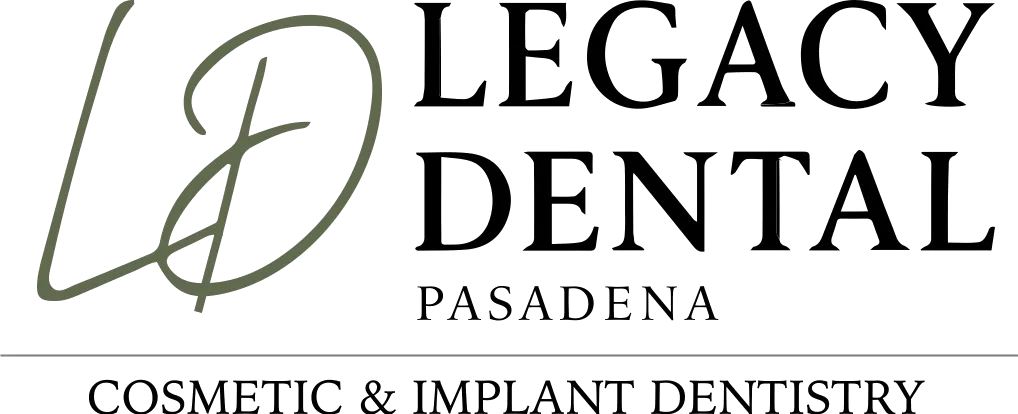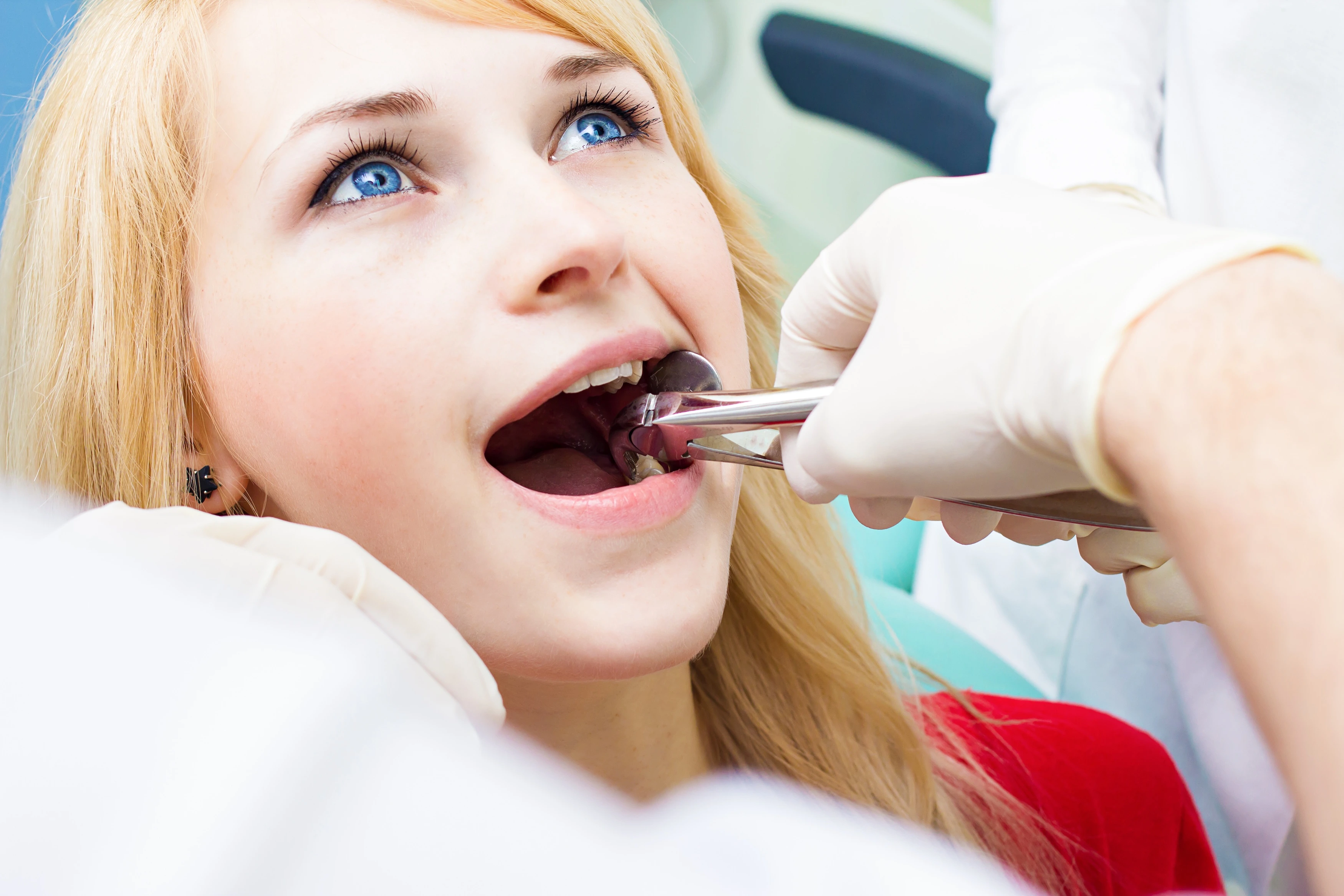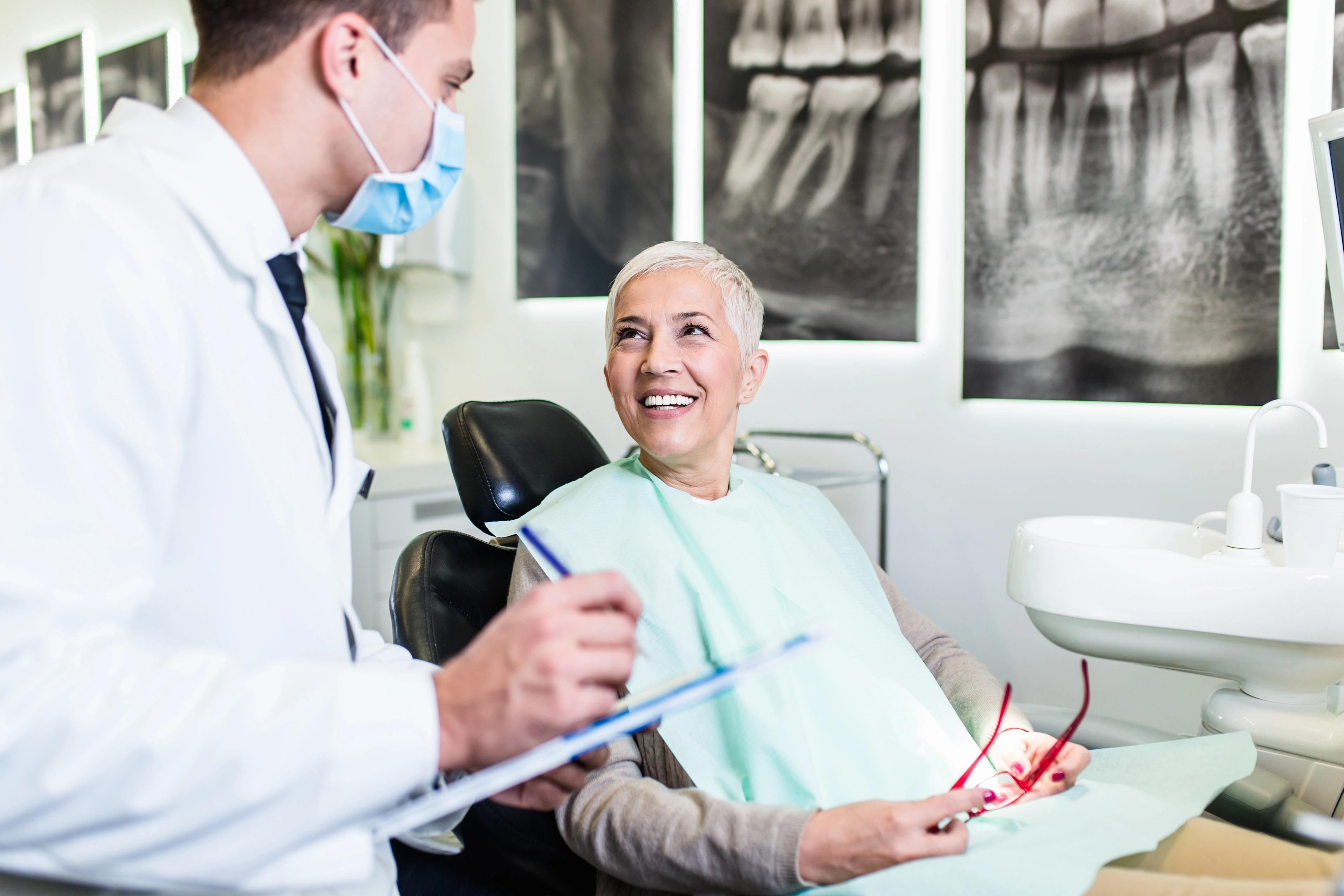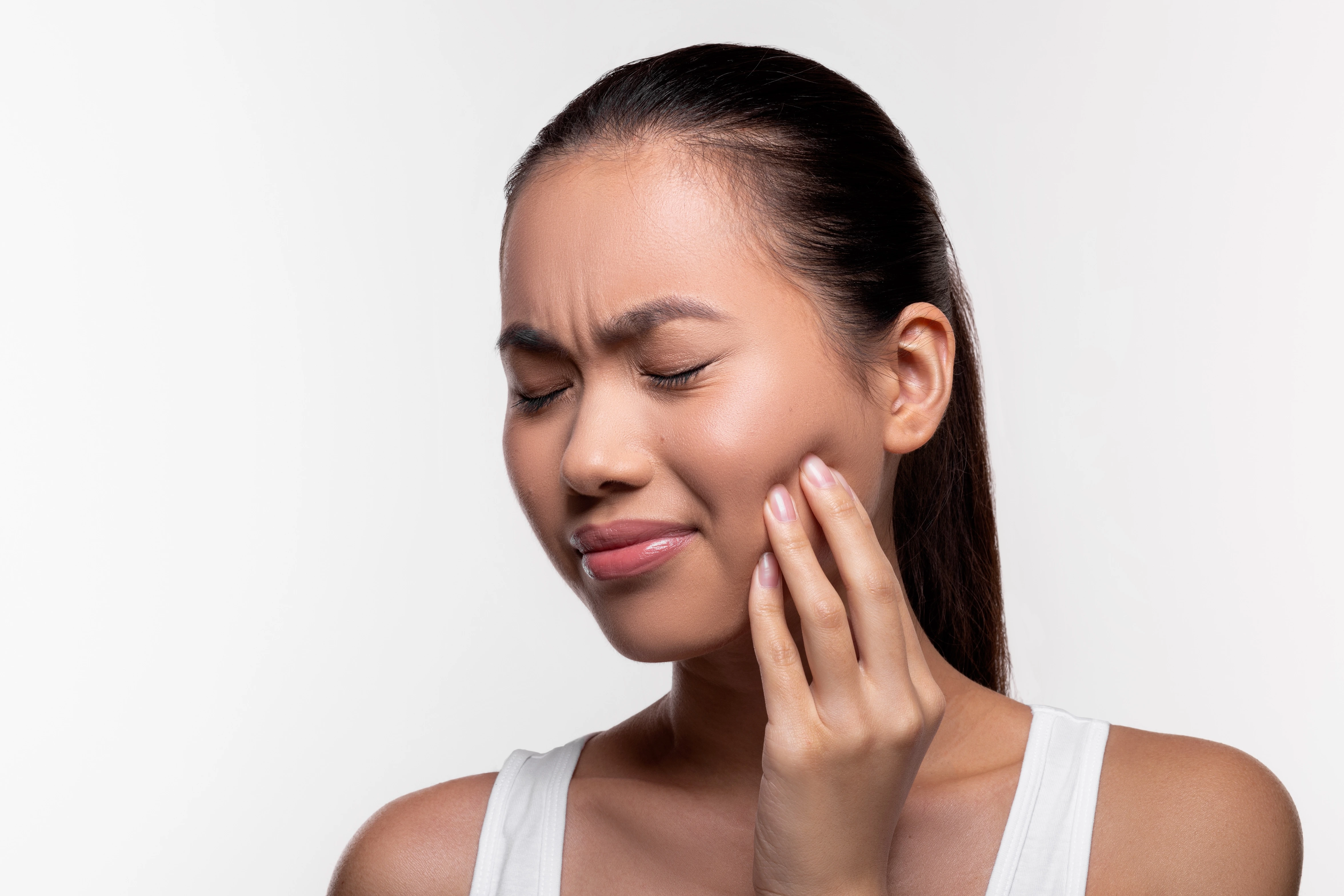Caring for Your Smile After Tooth Extraction
Having a tooth extracted can be a necessary step to protect your oral health. Whether you had a wisdom tooth removed or a damaged tooth extracted, proper post-operative care is essential for a smooth recovery.
At Legacy Dental Pasadena, we want every patient to feel confident and informed after surgery. Understanding what to expect and following the right care routine can prevent complications and help your mouth heal properly.
Here is your complete guide to recovery after a tooth extraction.
Common Post-Operative Conditions
After a tooth extraction, it is normal to experience mild discomfort as your body begins to heal. Here are some common post-operative conditions you may notice:
- Difficulty opening your mouth due to muscle tightness or swelling.
- Slight bruising or skin discoloration near the jaw or cheeks.
- Numbness around the corners of your mouth, lips, or chin.
- Mild sore throat or temporary difficulty swallowing.
- A dull ache in neighboring teeth as your mouth adjusts.
- Chapped lips that can be soothed with Vaseline or Neosporin.
- A small increase in body temperature (up to 1.5 degrees above normal) for a few days.
- Nausea caused by medication or swallowed blood, which can be eased by reducing the medication dose.
- Small bone fragments that may loosen or work their way through the gum tissue. These typically resolve on their own.
All of these reactions are normal and temporary. If you notice severe or prolonged pain, swelling, or unusual bleeding, contact Legacy Dental Pasadena right away.
The First 24 Hours After Surgery
The first 24 hours are the most important for successful healing. During this time, your mouth forms a blood clot at the extraction site. This clot protects the bone and tissue underneath, allowing the area to heal.
Do not disturb this clot. Avoid rinsing, spitting, or drinking through a straw, as these actions can dislodge it and cause a painful condition known as dry socket.
Managing Bleeding
It is common to experience light bleeding or oozing for up to 24 hours. To manage it:
- Bite gently on a clean piece of gauze for 30 to 40 minutes.
- Replace the gauze if it becomes saturated and repeat as needed.
- Do not eat, sleep, or drink while gauze is in your mouth.
- If bleeding continues, use a damp tea bag and bite gently. The tannins in tea can help your blood clot faster.
Oral Hygiene
Do not rinse your mouth or brush your teeth on the day of surgery. The following morning, you can begin gently brushing and flossing, but avoid the surgical area. Rinse your mouth three to four times daily with a warm saltwater solution (1 teaspoon of salt in 8 ounces of water) for the first week. This helps keep the area clean and promotes healing.
Activity and Rest
Rest is critical during the first 24 hours. Avoid driving, operating heavy machinery, or consuming alcohol, especially if you have taken narcotic pain medication.
Pain and Swelling Management
Some discomfort and swelling are expected after tooth extraction. Swelling usually peaks at around 48 hours and gradually subsides after that.
To minimize pain and inflammation:
- Apply an ice pack to the face on the side of the extraction for 20 minutes on, then 20 minutes off.
- Take the prescribed medication as directed by your dentist.
- Over-the-counter pain relievers like Ibuprofen or Tylenol can be used as alternatives if approved by your provider.
Avoid taking Aspirin, as it can increase bleeding. Never combine Tylenol with prescription narcotic medication unless directed.
Eating After a Tooth Extraction
You can drink non-alcoholic beverages right after surgery, but eating should wait until the numbness fully wears off. Start with soft, cool, or room-temperature foods during the first 24 to 48 hours.
Foods to Avoid
- Spicy foods
- Crunchy snacks
- Hot foods or drinks
- Popcorn
- Pretzels
- Alcohol
- Seeds or nuts
Recommended Soft Foods
- Applesauce and pudding
- Mashed potatoes and oatmeal
- Yogurt, cottage cheese, and smoothies
- Jell-O and soft scrambled eggs
- Protein shakes, tofu, and soups (lukewarm only)
- Ice cream or milkshakes (without a straw)
You may gradually return to your normal diet once chewing feels comfortable and the surgical site has started to close.
48 Hours After Surgery
After the first two days, most patients begin to notice improvement in swelling and soreness. At this stage, gentle heat can help soothe stiff muscles and enhance comfort.
You may apply a warm compress or moist towel to the outside of your face for 15 to 20 minutes at a time.
Continue to rest as much as possible and avoid strenuous physical activity for the first three days. Heavy exercise should be postponed for five to seven days.
Smoking delays healing and increases the risk of infection. Try to avoid smoking for several days after your procedure for the best outcome.
Sinus Care Instructions
If your tooth extraction involved upper teeth, especially near the sinus cavity, it is common to experience mild sinus pressure or nasal congestion afterward. To protect your healing sinus and prevent complications, follow these important steps:
- Use a mild decongestant or antihistamine if you experience congestion or post-nasal drip.
- Do not blow your nose for two weeks after surgery.
- Do not stifle a sneeze. If you must sneeze, do so with your mouth open to reduce sinus pressure.
- Take all prescribed medications as directed.
- Contact Legacy Dental Pasadena if you experience unusual pressure, swelling, or prolonged discomfort.
- A small amount of bloody discharge from the nose within the first 24 hours is normal.
Following these sinus care instructions will help ensure a smooth and complication-free recovery.
What to Expect as You Heal
Mild discomfort, swelling, and tenderness are normal for the first few days. Most patients begin to feel significantly better within 72 hours, and the majority of healing occurs within one to two weeks.
Continue brushing and flossing the other areas of your mouth as usual, and maintain a healthy diet to support your immune system.
If you notice persistent bleeding, severe pain, fever, or foul taste, contact Legacy Dental Pasadena immediately. Our team will assess your healing and make sure you are recovering properly.
The Legacy Dental Pasadena Commitment
Your comfort and safety are our top priorities. Our experienced team is here to guide you through every stage of your recovery, from surgery to your follow-up appointment.
We encourage you to reach out with any questions or concerns during your healing process. Following these post-op instructions will help prevent complications, reduce discomfort, and ensure a faster recovery.
With proper care, your extraction site will heal beautifully, setting the foundation for a healthier, stronger smile.
FAQ
Most patients feel better within a few days, with full healing taking one to two weeks.
Mild to moderate discomfort is normal and usually improves each day.
Use ice packs for the first 24 hours and rest as much as possible.
Choose soft foods like soup, yogurt, eggs, and mashed potatoes.
Suction can remove the blood clot and delay healing.
You can brush the next day, but avoid the extraction site at first.
Dry socket happens when the blood clot is lost. Avoid smoking and rinsing too hard.
Light bleeding is normal for up to 24 hours.
Most people return to normal routines within one to two days.
When should I call the dentist after an extraction?



